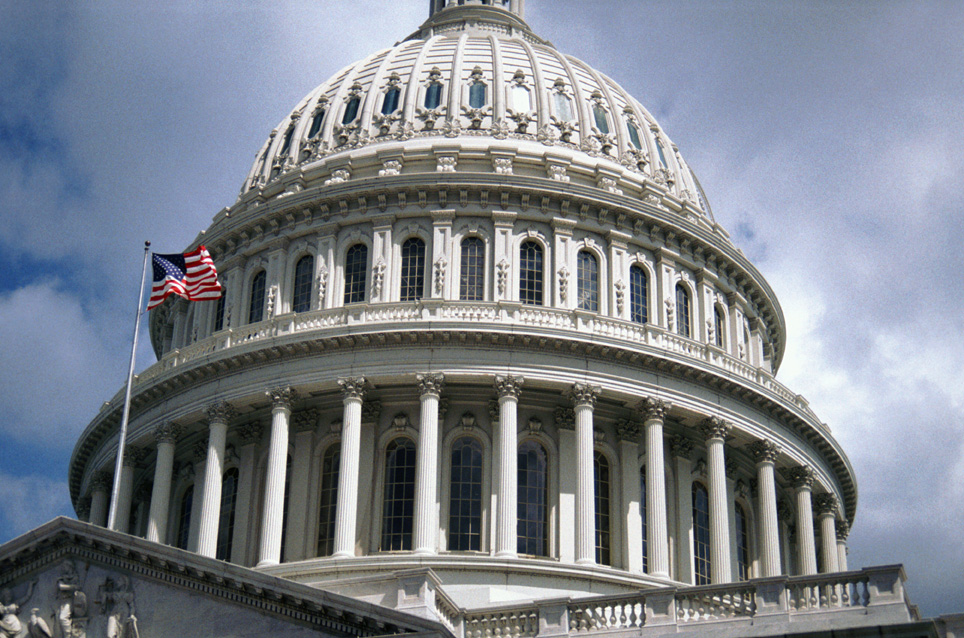
IRFA’s July 22nd Capitol Hill Briefing
On July 22nd, IRFA organized a briefing for congressional staffers and outside groups with the title, “Is the Religious Freedom Landscape Shifting for Faith-Based Organizations?” Speakers noted a series of troubling court and congressional actions.
Kim Colby, Senior Counsel for the Center for Law and Religious Freedom at the Christian Legal Society, discussed the recent Supreme Court ruling legitimating the “all comers” policy of the Hastings law school (University of California), which requires student groups, if they want the access to communications and meeting spaces that recognized groups get, not to “discriminate” in choosing leaders. Colby stressed that the decision is actually narrow. A lower court may on further consideration decide that Hastings, in a biased way, in fact required only the CLS student law group to accept “all comers.” Moreover, few other schools have such an odd policy, which would require a Muslim group to accept Jewish leaders, or the Democratic campus group not to exclude a Tea Party leader. Yet institutions opposed to evangelical Christian student groups have already stepped up their opposition, using the Supreme Court’s decision as their rationalization. At the least the unfortunate decision makes it easier for opponents of “sectarian” religion to strike against faith-based organizations, even if their attacks will later be overturned in court.
Colby also spoke of the importance of the Religious Freedom Restoration Act of 1993 and the seriousness of the recent congressional efforts to limit its scope (see the first article in this issue [make “article” into a link to the first article]). RFRA is Congress’ response to an earlier Supreme Court decision that undermined religious freedom. Through RFRA, Congress set about to make it easier for religious institutions and individuals to vindicate their religious freedom in the face of laws that encroach upon that freedom. For some members of Congress now to seek to undermine the scope of RFRA is extremely troubling.
Nathan Diament, Director of Public Policy for the Union of Orthodox Jewish Congregations of America, applauded the inclusion of a robust exemption for religious organizations in the proposed Employment Nondiscrimination Act (ENDA). ENDA would ban job discrimination on the bases of sexual orientation and gender identity (transgendered persons). The bill says that religious organizations authorized to hire according to religion under Title VII of the 1964 Civil Rights Act are not subject to the provisions of ENDA. However, Diament pointed out that this good exemption is likely to prove weak in practice unless it is bolstered with two additional provisions. First, the ENDA bill needs a “non-retaliation” clause, so that faith-based organizations cannot be stripped of government grants, licenses, tax-exempt status, or other benefits on the grounds that they are “discriminatory” organizations because they need not hire certain persons. Second, the bill needs a provision clearly stating that, in adopting it, Congress does not intend to undermine religious freedom. Without such a provision, activist judges may take the enactment of ENDA as permission to elevate “gay rights” over religious freedom, despite the religious exemption. These two provisions do not expand the religious exemption, Diament pointed out, but instead ensure that it is effective in practice.
Stanley Carlson-Thies, IRFA’s President, spoke about the SAMHSA modernization bill proposed by Rep. Patrick Kennedy. Kennedy is proposing to add to the law that governs federal funding for drug treatment and mental health services a new universal ban on religious hiring by grantees. It is not clear that the bill will ever be adopted, but the provision Kennedy has proposed is very troubling. In one stroke it would produce three bad outcomes: it would expand the current limited SAMHSA religious hiring ban to all SAMHSA funding, thus reducing further faith-based participation; it would undermine the Charitable Choice protections put into SAMHSA programs twice by Congress and President Clinton in 2000; and it would make it impossible for religious groups to appeal to the Religious Freedom Restoration Act in order to participate despite the religious hiring ban (the possibility of that appeal is currently written into the SAMHSA regulations).
The briefing was opened with a welcome from Rep. Randy Forbes, co-chair of the bipartisan Congressional Prayer Caucus. He stressed how important it is for Members, congressional staff, and outside groups to be vigilant, because of the rising tide against religious freedom. Faith-based organizations do much good in our society, he said, but they will be unable to continue unless their “access” to the public square is maintained. Forbes stressed three worries: the possible revival of the “Fairness Doctrine,” which would make it easier for government to squelch unwelcome viewpoints; proposals at the state and national levels to curtail the deductibility of charitable contributions—though donations are the fuel on which most faith-based organizations depend; and the intensifying opposition to religious hiring—notwithstanding its importance to so many faith groups.
For further information:
IRFA memo on the SAMHSA bill: http://archive.irfalliance.org/images/stories/pdf/samhsa-cc-rfra-hiring.pdf
“ENDA on the Move?” eNews for Faith-Based Organizations, May 17, 2010
